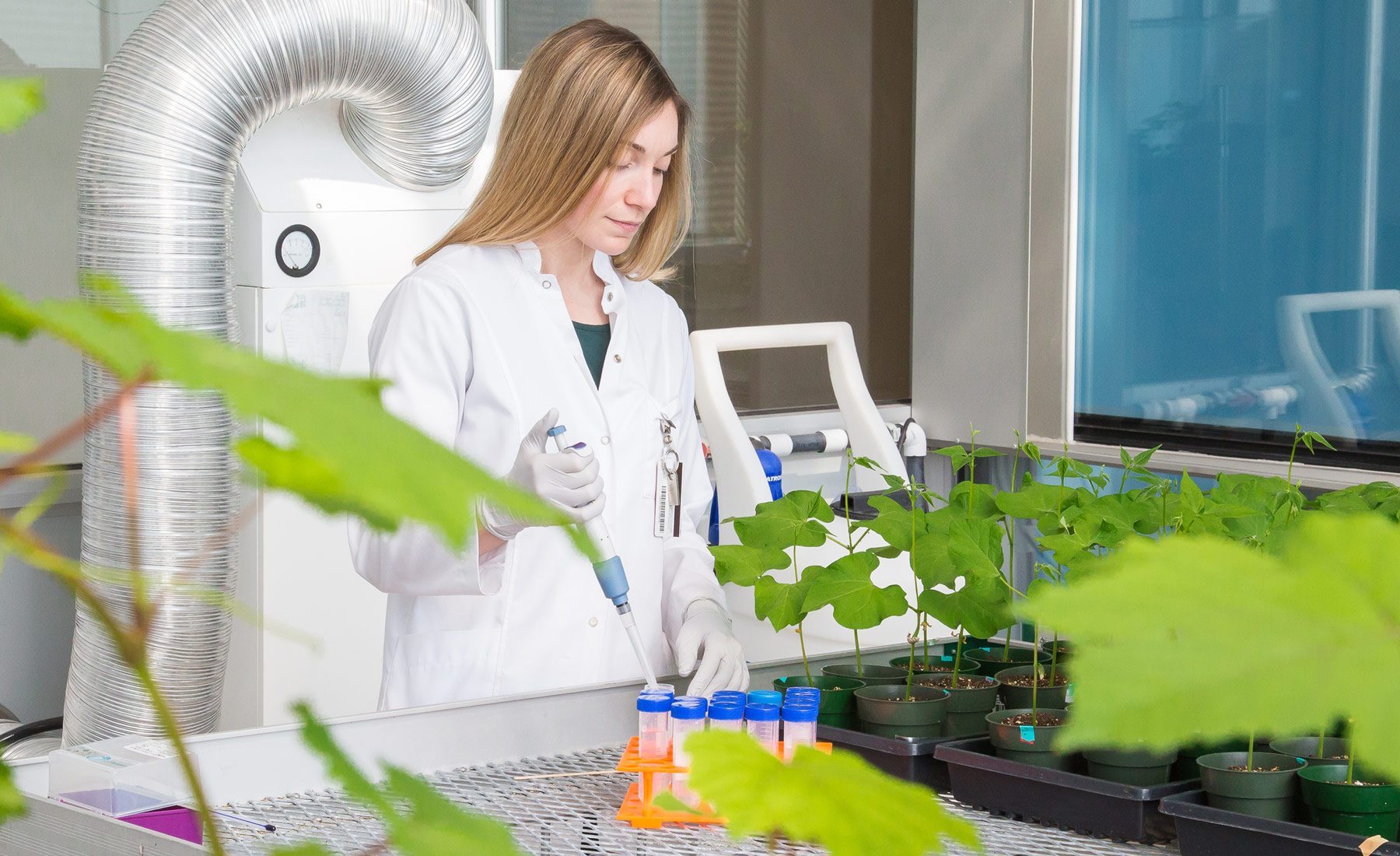Choosing the right postgraduate program is one of the most important decisions for a life science graduate. With multiple advanced degrees available, students are often unsure whether to pursue a broadly structured program like MSc Biological Sciences or a more specialized course such as MSc Biotechnology. While both degrees open up valuable opportunities, the overall scope, curriculum structure, and research exposure vary significantly. In this blog post, we provide a balanced comparison and explain why MSc Biological Sciences often offers a broader academic and career horizon for students interested in diverse life science fields.
Understanding the Core Focus of Each Program
MSc Biological Sciences
MSc Biological Sciences is designed to provide a holistic understanding of living systems. It usually includes modules from genetics, microbiology, physiology, ecology, molecular biology, and occasionally biophysics or computational biology. The program encourages interdisciplinary learning and allows students to explore different branches of biology before narrowing down their specialization through research projects or electives.
MSc Biotechnology
MSc Biotechnology focuses on the application of biological principles for technological advancement. The core curriculum includes subjects like genetic engineering, bioprocess technology, industrial microbiology, recombinant DNA technology, and bioinformatics. The program is industry-oriented and trains students in the use of laboratory tools and techniques for product development and commercialization.
Breadth vs Specialization
| Aspect | MSc Biological Sciences | MSc Biotechnology |
|---|---|---|
| Academic Focus | Broad and fundamental | Applied and product-driven |
| Interdisciplinary Exposure | High | Moderate |
| Research Flexibility | Wide range of topics | Mainly biotech-based topics |
| Core Career Domains | Academia, Research, Ecology, Genetics, Microbiology, Neuroscience | Pharmaceutical, Biotech industries, R&D labs |
MSc Biological Sciences allows students to keep their options open across several branches of biology. This is particularly helpful for students who are still exploring their long-term research interests. MSc Biotechnology, on the other hand, is ideal for students who already have a clear interest in industrial biotechnology and want to enter the sector soon after graduation.
Career Opportunities
MSc Biological Sciences Graduates Can Work In:
- Academic research institutions
- Environmental and ecological organizations
- Genetic research laboratories
- Healthcare and diagnostics
- Teaching and higher education
MSc Biotechnology Graduates Usually Work In:
- Pharmaceutical companies
- Biotech startups and manufacturing units
- Industrial fermentation and bioprocess labs
- Clinical research organizations
While both programs offer strong career pathways, MSc Biological Sciences provides a broader platform that spans both academic and industry roles, making it suitable for students who want to remain flexible.
Conclusion
Both MSc Biological Sciences and MSc Biotechnology are excellent choices for life science graduates. However, if you are looking for a program that provides a broader foundation, interdisciplinary exposure, and greater flexibility in career and research options, MSc Biological Sciences may be the better fit. It gives students the space to discover their passion in the vast field of life sciences before focusing on a specialization.

